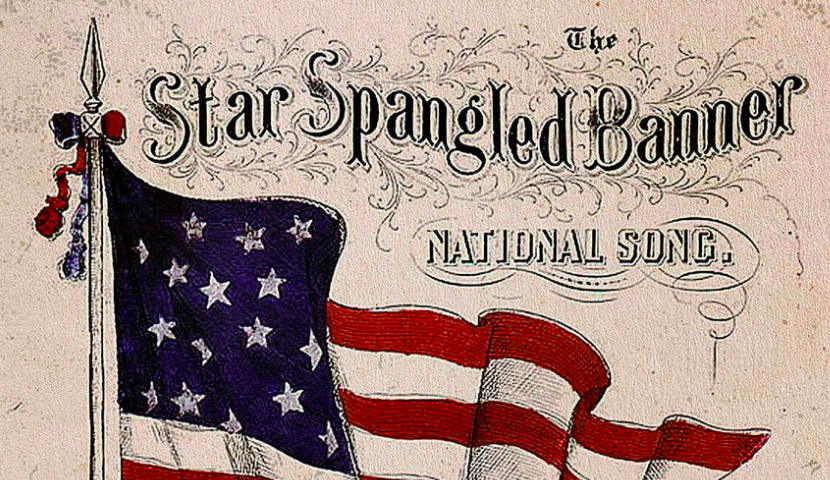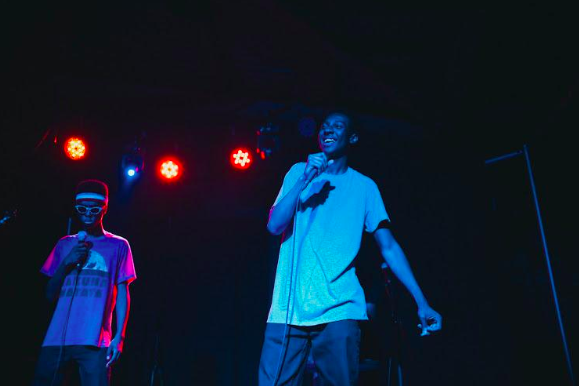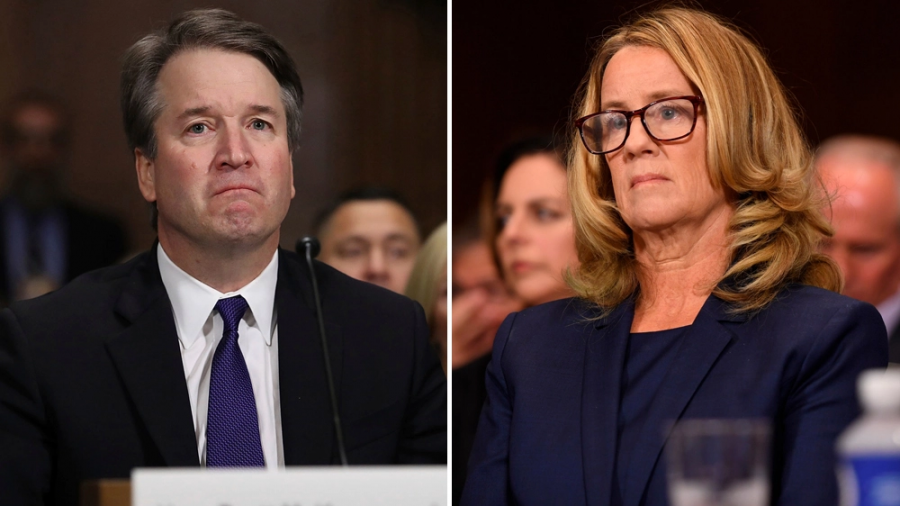Lena Armstrong
The Short and Tragic Life of Robert Peace is a moving biography that depicts the struggles behind American poverty and racial tension. The author, Jeff Hobbs, was Robert Peace’s roommate in college and the two of them developed an unexpected friendship. Ten years after college, Hobbs receives a Facebook message about Rob’s death. This turn of events prompts Hobbs to revisit old memories and leads to his investigation of his college friend that uncovers parts of Rob that he had hidden all too well from most people. In this novel, Hobbs eloquently describes the many sides of Robert Peace and the different worlds in which he lived, shedding insight into America’s areas of poverty, racial discrimination, and injustice.
Rob was part of the world that existed on Chaplen Street, filled with poverty, violence, gangs, drugs, and generations of families never able to escape. Rob knew how to survive in this community and found it difficult to fully become part of other communities. He coexisted with, but never fully immersed himself into, the world of St. Benedict Preparatory School, with its bonding rituals, challenging curriculum, and false promises of a good future for all of its students. His academic prowess led to his acceptance at Yale, where he became part of the world of high academic standards and prestige. Academically he thrived, but socially he felt out of place among those whom he considered entitled, rich kids.
Robert Peace grew up in East Orange, a black neighborhood filled with poverty and controlled by gangs. Fortunately, Rob’s parents were devoted to him. His mother, Jackie, was a loving and hardworking woman, while his father, Skeet, was intelligent and extroverted. Jackie would do anything for her son and worked incredibly long, tiring hours to provide for him. Skeet, despite his drug-dealing and non-marital status with Jackie, had a very active role in Rob’s life. He would spend hours showing Rob around, introducing him to his many friends, and patiently working out homework problems with him. Unfortunately, when Rob was still a young boy, Skeet was arrested for the murder of two women, and Rob essentially lost his father. He was never truly able to get over his father’s subsequent absence. He spent countless hours visiting his father in jail, calling him, trying to prove his innocence, and trying to improve his living conditions. Getting Skeet out of jail was a challenge that consumed him. It was the one goal that he had set his mind to complete, yet ultimately failed to achieve.
Despite his economic status, Rob was able to attend college because a man named Mr. Crawley offered to pay for it. Hobbs explained, “As a financial master, Mr. Crawley looked at the world in terms of investments, of risk and reward. In 1998, the ‘investment’ in Rob had struck him on paper as one of the lowest-risk and highest-return; he saw no possible downside in giving this rare boy the slight push.” Many years later, after seeing Rob’s accomplishments amounting solely to an admission to Yale, “Mr. Crawley understood that a life wasn’t lived on paper.” Despite his intelligence and potential, Rob was never able to leave the world of East Orange. In high school, he began drinking and smoking. When he attended Yale, he sold drugs. He dealt drugs to earn money. Since his father’s absence, he made it his mission to be the ultimate provider for his mother and friends, obsessed with being “the man.” He also did this to disengage from most Yale students who were, in his mind, “fronters” because they constantly pretended to be people that they weren’t. He preferred to surround himself with the other students who didn’t feel like they belonged. Ironically, while Rob despised fronting above all things, he himself was a fronter. In high school, he fronted by covering up his economic state with his intelligence and good grades. After and during college, he fronted with his generosity, by financially providing for his friends. He saw drug dealing as the only means to achieve this, one that was most familiar to him.
After college, Rob had no idea what his next step would be and after achieving so much, he moved back to East Orange and continued to deal drugs. In the years that followed, his life spun out of control. While he always told people he would apply for graduate school, he was never able to achieve this goal. He seemed, instead, drawn back to his roots where he was admired and understood. He became a biology teacher at St. Benedict Preparatory School and he kept dealing drugs. He bought a house in East Orange in order to provide for his mother, and became stuck economically like everyone else in the area. He eventually quit his teaching job and took a job at the airport, hauling luggage on and off planes in exchange for free airfare. He loved traveling because he was fascinated by how different cultures and their citizens interrelated. He explained that when he traveled, he wasn’t an intimidating man in a skull cap and ripped tank top, but an interesting person who had stories to share.
Eventually, Rob lost his job at the airport and became reliant on unemployment checks. For the man whose goal had been to provide for others, he was suddenly dependent and despondent. In spite of his talent and education, he fell back in with high school friends who had become stuck in East Orange as well. While he had always been careful to avoid the gangs, his final attempt to “be a provider” wound up being his last, when he stepped on their toes in a drug deal.
In one short life, Rob was a loving son, loyal friend, East Orange resident, “straight A” St. Benedict Preparatory School student, water polo player, Yale graduate, janitor, cafeteria staff worker, molecular biophysics and biochemistry major, teacher, airport employee, traveler, homeowner, homeless person, and drug dealer.
This novel is a page-turner that shows not only Rob’s tragic loss of potential, but the America where second chances and hard work can mean nothing. It illuminates a world in which opportunity and potential are never enough. Through its captivating plot, the novel illustrates the discrepancies in American culture. The Short and Tragic Life of Robert Peace is an important novel in the conversation of diversity and the treatment of minorities in America.
Categories:
The Short and Tragic Life of Robert Peace Review
February 26, 2016
More to Discover





